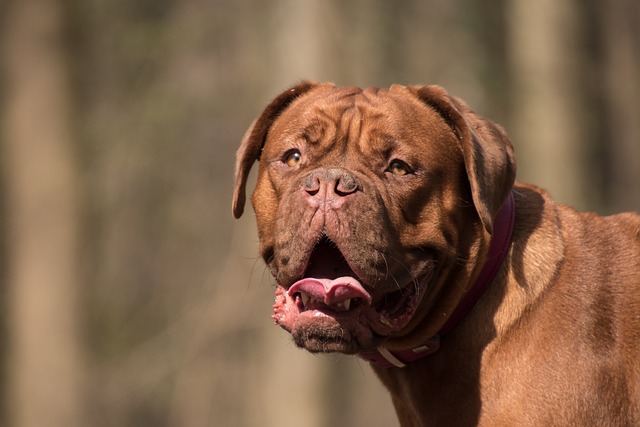
What is the best thing for dogs to chew on to clean teeth
If you’ve ever wrestled with a squirming pup to brush their teeth—only to end up with slobber on your shirt and a toothbrush chewed to bits
Watching your new puppy lap eagerly from their water bowl brings a certain kind of joy, but knowing exactly how much water should a puppy drink a day is crucial for their well-being. Proper hydration isn't just about quenching thirst; it's fundamental for nearly every bodily function. Water regulates body temperature, aids digestion, transports nutrients, lubricates joints, and flushes toxins. For growing puppies, whose bodies are developing rapidly, even mild dehydration can quickly escalate, impacting organ function, energy levels, and overall growth. Recognizing the risks underscores why monitoring daily water intake for puppies isn't optional, it's essential care.
Spotting dehydration early requires looking beyond a simple dry nose. While a parched nose can be a clue, it's not always reliable. More telling signs of dehydration in puppies include lethargy that seems unusual, sunken eyes that lack their usual sparkle, and gums that feel sticky or tacky instead of slick and moist. Gently pinch the loose skin at the scruff of their neck; if it doesn't spring back immediately but instead forms a 'tent,' this loss of subcutaneous elasticity is a significant warning. Puppies might also show reduced interest in play, pant excessively without recent activity, or have dark yellow, concentrated urine. Understanding how to tell if a puppy is dehydrated means observing these subtle shifts in behavior and physical cues before they become severe.
Figuring out that magic number for daily water intake for puppies isn't one-size-fits-all. Several key factors dramatically influence their needs. Size and breed matter immensely; a Great Dane puppy naturally requires vastly more water than a tiny Yorkie. Activity level is a major driver – a puppy recovering from a vigorous play session or training class will need significantly more hydration than one napping. Diet plays a crucial role too; puppies eating primarily dry kibble need far more water than those on a wet or raw food diet, as kibble contains very little moisture. Environmental conditions are critical; hot, humid weather or centrally heated dry indoor air increases water loss through panting, demanding greater intake. Even health status, like recovery from diarrhea or vomiting, drastically hikes their fluid requirements. Considering these variables is key to accurately answering how much water should a puppy drink a day for *your* specific pup.
Instead of obsessively measuring every drop, focus on practical observation to gauge your puppy's hydration status. A common baseline guideline suggests puppies generally need roughly half an ounce to one full ounce of water per pound of body weight each day. So, a 10-pound puppy might need between 5 to 10 ounces daily. However, use this as a starting point, not a rigid rule. Monitor the water bowl – is it frequently emptied and needing refills, or does the water level barely drop? Pay attention to urination frequency and color; well-hydrated puppies urinate regularly (especially after naps, meals, and play), and their urine should be light yellow, not dark or amber. Observe their energy levels and the gum/skin tests mentioned earlier. Keeping a simple mental note of their typical drinking patterns helps you spot deviations quickly.
Ensuring consistent hydration requires proactive puppy hydration tips. Always provide constant access to fresh, clean water in a stable, tip-proof bowl, refreshed at least twice daily. Place multiple water stations around the house, especially if you have a larger home or multiple floors, making it easy for your pup to find a drink. During hot weather, active play, or training, offer water breaks every 15-20 minutes. Adding a splash of low-sodium broth (ensure no onions or garlic!) or water to their kibble can encourage intake, particularly for reluctant drinkers. Ice cubes can be a fun and hydrating treat. Crucially, establish a routine – know roughly how much water should a puppy drink a day based on their weight and activity, and observe if they are meeting this through their natural drinking habits. If you ever suspect dehydration, especially if signs like lethargy or vomiting are present, contact your veterinarian immediately – prompt intervention is vital for their small systems.

If you’ve ever wrestled with a squirming pup to brush their teeth—only to end up with slobber on your shirt and a toothbrush chewed to bits
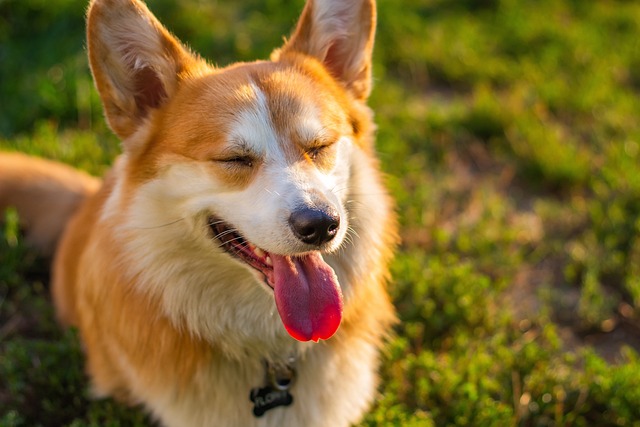
That faint whiff of fishy breath when your Golden Retriever greets you isn't just "dog smell" – it's likely the first clue to canine periodontal disease
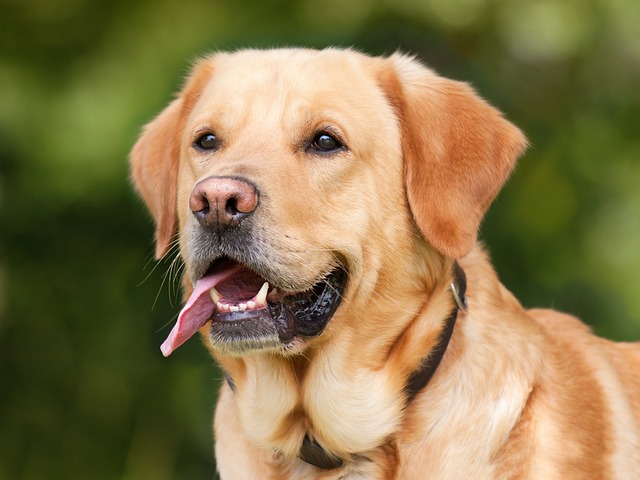
Ever felt that sinking worry when your energetic Labrador suddenly loses its appetite or starts a persistent belly rumble?Regular deworming isn't just a checkbox on a pet care list—it's a vital shield protecting your furry best friend from hidden health t

Watching your dog pant heavily on a hot day, or noticing their nose is dry and their eyes look sunken, can send a wave of panic through any new pet owner.
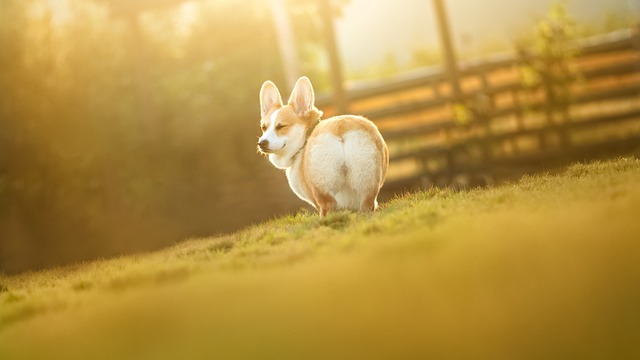
Cooking homemade meals for your dog feels like an act of love—chopping fresh veggies, simmering lean meat, knowing exactly what’s in their bowl.
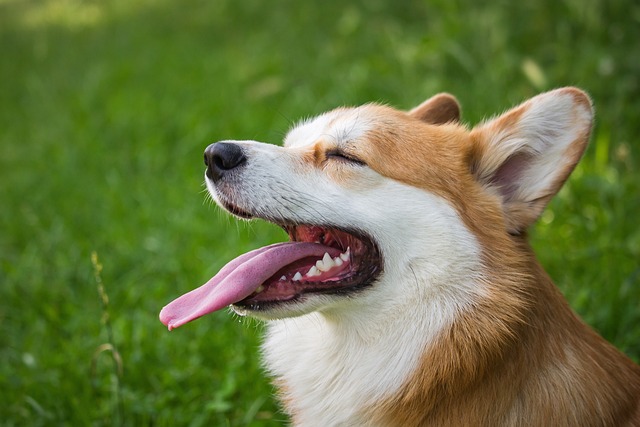
Picture this: You're scrambling to get ready for work, your golden retriever nudges your hand, and your daily multivitamin tumbles onto the kitchen floor.